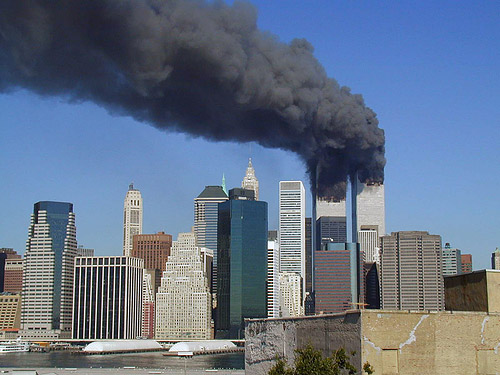The Supreme Court has ordered that Supertech Twin Towers be destroyed tomorrow, Sunday, August 28. Despite the demolition being accomplished by a controlled explosion, sources state that a dust cloud may appear up to 300 metres in the air and take up to 15 minutes to settle.
Since the towers have been rigged with explosives by a professional team and all reasonable safety precautions appear to have been taken, the towers will implode upon themselves, and numerous layers of protective material are in place to "minimise dust, sound, and vibrations," according to Dr. Shuchin Bajaj, founder director of the Ujala Cygnus Group of Hospitals.
The sound will only last for around nine seconds, and the dust should clear up in a few minutes as well. Long-term, there is nothing to be concerned about, according to Dr. Bajaj.
Reducing Construction Dust Pollution by Planning Construction Site Layout, a research study, reveals that manual demolition is one of the top three factors for dust concentration after cement mixing and concrete breaking. This is because environmental factors, such as wind speed, humidity, and temperature, have been found to affect the accuracy of dust sensors.
Read Also :- Are you being a toxic parent? Know parenting behaviours that you should avoid
According to Dr. Ravi Shekhar Jha, director and chief of pulmonology at Fortis Hospitals in Faridabad, the particles stay trapped in the air for at least 3–4 days. Dr. Trupti Gilada, an infectious disease specialist at Masina Hospital, added that although rain can help the debris settle down, if there are no rains, it is anticipated that people will experience respiratory problems, particularly those who have chronic obstructive pulmonary disease (COPD), among other conditions.
Why does it matter?
According to Dr. Sanjith Saseedharan, consultant and head critical care, SL Raheja Hospital, Mahim-A Fortis Associate, there is an increase in silica dust, lead, and asbestos due to the crushing of concrete, compressors, and other products. It may also result in a large rise in vibrations and noise. Additionally, the creation and destruction of building structures can result in a number of illnesses like skin ailments, an increase in cough and colds, particularly in children and those who already have reactive airway diseases like asthma and allergy disorders, according to Dr. Saseedharan.
According to Dr. Atul Ahuja, senior ENT specialist and head and neck surgeon at Apollo Indraprastha Hospital, the heavier dust particles settle down quickly but the lighter ones may float around for several weeks. Additionally, it produces a significant amount of PM 10 and 2.5 particles. We are all aware of the yearly scourge of smog and air pollution that the NCR faces. Even though they would affect a smaller geographic region, these types of demolition could cause greater problems, according to Dr. Ahuja.
According to Dr. Saseedharan, some persons may experience symptoms including headache, fatigue, irritability, and constipation as a result of increased lead exposure. A condition known as silicosis may develop as a result of an increase in silica. Flooding and the issues with leptospirosis and other water- and parasite-borne diseases that go along with it can result from silting up drainage systems. The good news is that while many engineering techniques won't completely solve these problems, they will significantly lower all of these health risks, he explained.
Here are some safety measures that everyone living nearby should take as a result of the dust and noise pollution.
An N-95 mask with a valve is advised, according to experts. "N-95 with a valve aids you against PM 2.5 particles for dust and air pollution. "Individuals in the surrounding areas should wear for at least a couple of days, especially if they are going outside," said Dr. Jha, adding that people with respiratory conditions like asthma need to continue taking their medications, stay alert, and shouldn't go outside for 3–4 days.
People within a 1 km radius, according to Dr. Gilada, should start thinking about leaving right soon. Wet mopping is preferable to dry dusting in houses because it keeps dispersed particles from hanging around in the air, according to Dr. Gilada.
Dr. Saseedharan emphasised the importance of closing windows, using personal protective equipment, and getting medical attention right once if you experience any health problems. To prevent health problems brought on by dehydration, Dr. Jha encouraged people to maintain proper hydration.
Read Also :- Can excessive iron in body harm your health? Here’s what experts say




